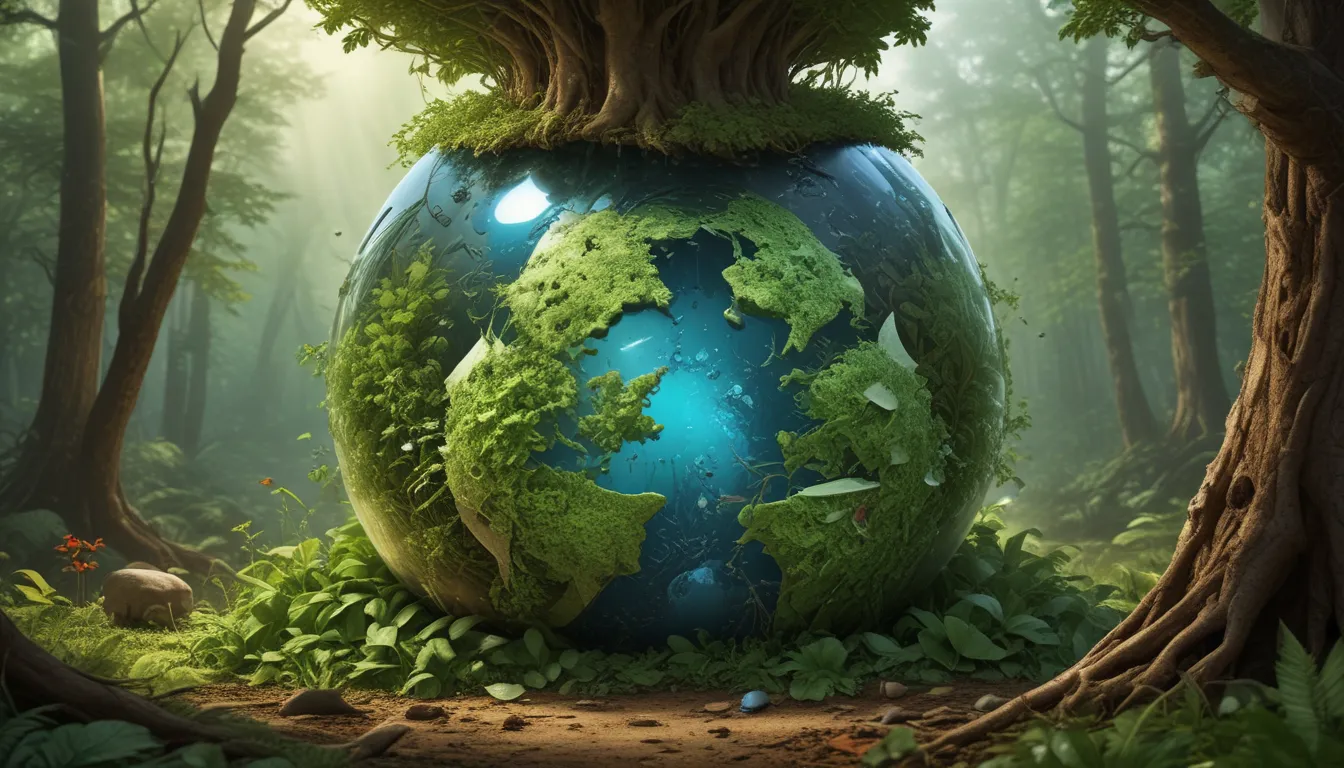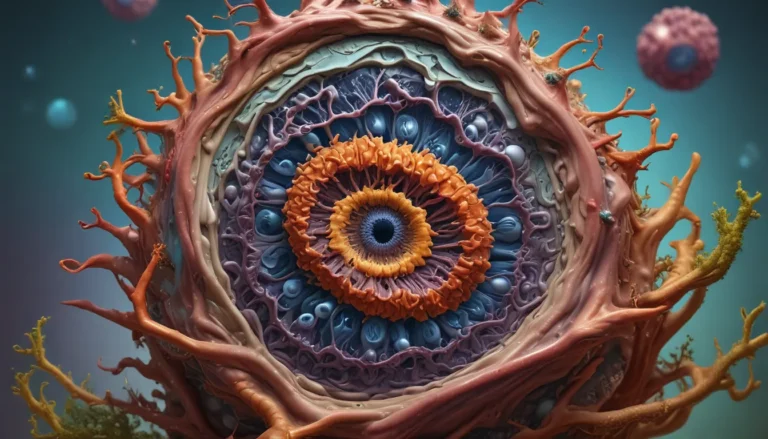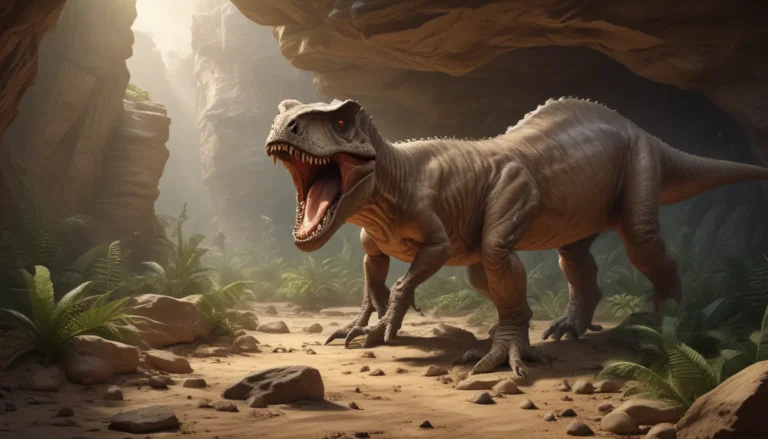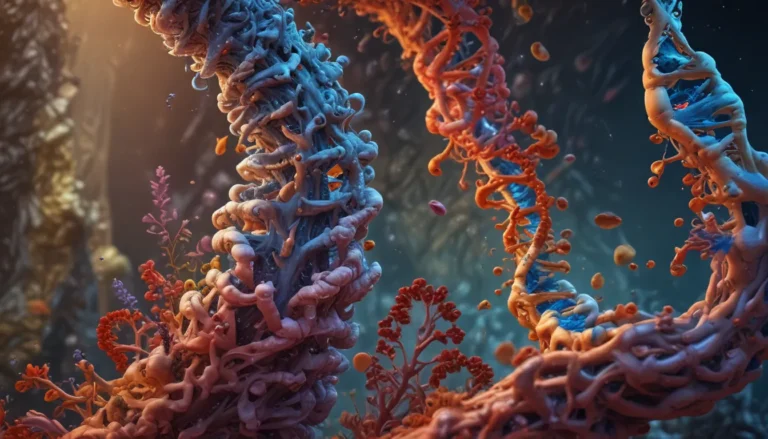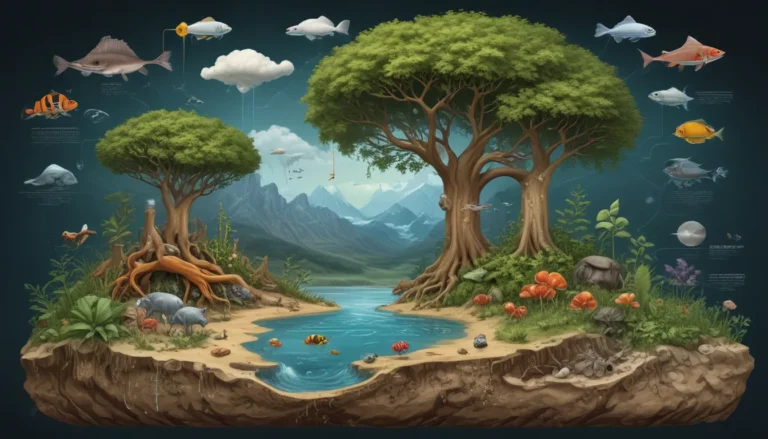A Note About Images: The images used in our articles are for illustration purposes only and may not exactly match the content. They are meant to engage readers, but the text should be relied upon for accurate information.
Welcome to the enchanting world of biodegradation, where nature’s invisible heroes work tirelessly to maintain our planet’s delicate balance. From breaking down organic materials to recycling nutrients and managing waste, biodegradation is truly a superpower of the environment. In this informative article, we will delve into 13 captivating facts about biodegradation that will deepen your understanding and appreciation of this remarkable process. So, buckle up as we embark on a thrilling adventure to explore the wonders of biodegradation!
Unveiling the Power of Biodegradation
-
Biodegradation is nature’s recycling system: Like a superhero cleaning up the environment and promoting new life, biodegradation breaks down organic materials and recycles nutrients to keep our ecosystems thriving.
-
Microbes are the unsung heroes: Microorganisms, the microscopic cleanup crew, use enzymes to break down complex compounds and clean up pollution behind the scenes.
The Marvels of Biodegradation
Biodegradation: This natural process involves the breakdown of organic substances by microorganisms like bacteria and fungi, transforming them into simpler compounds over time.
Recycling Nutrients: By decomposing dead plants, animals, and other organic matter, biodegradation releases valuable nutrients back into the environment, nourishing new life.
Waste Management: Biodegradation harnesses microbial degradation to process biodegradable waste effectively, reducing the burden on landfills and mitigating pollution risks.
Factors Affecting Biodegradation: The rate of biodegradation is influenced by environmental conditions such as temperature, moisture, oxygen availability, and the presence of specific microorganisms.
Materials’ Degradation: While organic materials biodegrade relatively quickly, certain substances like plastics can take centuries to break down, causing long-lasting pollution.
Microbial Role: Microbes play a crucial role in biodegradation, possessing enzymes that break down complex organic compounds into simpler forms for other organisms to utilize.
Applications of Biodegradation: Biodegradation is used for bioremediation, composting, biodegradable plastics, drug delivery systems, oil spill cleanup, and reducing greenhouse gas emissions.
Embracing Sustainable Solutions
-
Composting: A form of biodegradation where organic waste is decomposed by microorganisms to create nutrient-rich compost for enriching soil and promoting plant growth.
-
Biodegradable Plastics: Unlike traditional plastics, biodegradable plastics break down into harmless substances under specific conditions, reducing environmental impact.
-
Drug Delivery Systems: Biodegradable drug delivery systems release medications slowly, improving treatment efficacy and reducing side effects.
-
Oil Spill Cleanup: Certain bacteria in marine environments can naturally break down oil spills, minimizing ecological impact over time.
-
Greenhouse Gas Emissions Reduction: Biodegradation in landfills prevents the release of methane, a potent greenhouse gas, reducing environmental harm.
The Intricacies of Biodegradation
- Complex Process: Biodegradation involves multiple factors and interactions between microorganisms, enzymes, and environmental conditions, determining the rate and efficiency of degradation.
A Greener Future Awaits
Biodegradation is not just a process; it is a pledge to protect our planet and create sustainable solutions for future generations. From plastic degradation to waste management, biodegradation offers a plethora of benefits and opportunities to promote environmental well-being.
As we continue to explore the depths of biodegradation and understand its nuances, we can develop more effective strategies to reduce our environmental footprint and pave the way for a greener, healthier future.
FAQs
Q: What is biodegradation?
A: Biodegradation is the natural process by which materials are broken down into simpler compounds by microorganisms or other biological agents.
Q: What is the significance of biodegradation?
A: Biodegradation is vital for maintaining a healthy ecosystem as it helps break down waste and pollutants, reducing their impact on the environment.
Q: How long does biodegradation take?
A: The time taken for biodegradation varies depending on the material and environmental conditions. Some substances can biodegrade within weeks, while others may take years.
Q: Can all materials biodegrade?
A: Not all materials can easily biodegrade. Some synthetic materials like plastic can take hundreds of years to break down, causing significant environmental issues.
Q: How can biodegradation be encouraged?
A: To encourage biodegradation, it is important to use biodegradable materials, support composting initiatives, and minimize the use of non-biodegradable substances.
Q: Are there any drawbacks to biodegradation?
A: While biodegradation is generally beneficial, certain substances can release harmful byproducts during the process. It is important to consider the potential environmental impact before using certain materials.
Embark on a Scientific Adventure
Biodegradation’s captivating journey is just the beginning of a world filled with scientific wonders waiting to be explored. Dive into microbial metabolism, sustainable chemistry, and tissue engineering to unveil the mysteries of nature and innovation. Join us on this exhilarating quest into the realms of science and discovery!
Your Feedback Matters
We are dedicated to delivering accurate and engaging content that fuels curiosity and learning. Your contributions help us maintain the highest standards of quality and authenticity. Trust in our commitment to providing fascinating and credible information as we journey together through the realms of knowledge and discovery.
